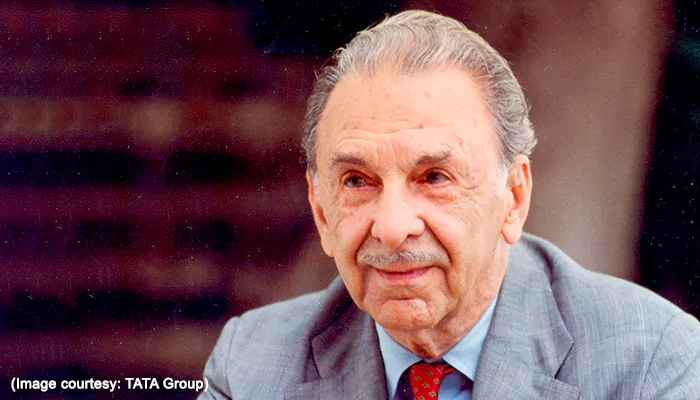
Sensex Soars 1,000 Points as Markets Rebound, Analysts Warn of Temporary Recovery

Indian equity markets staged a strong recovery on Tuesday, ending a seven-day losing streak as the S&P BSE Sensex surged by 1,000 points. By mid-morning, the Sensex rose 1,044.89 points to 78,383.90, while the NSE Nifty50 climbed 304.50 points to 23,758.30. Broader indices also rallied, supported by easing volatility and reports of reduced foreign investor selling.
However, analysts remain cautious about the sustainability of this rebound. Dr. VK Vijayakumar, Chief Investment Strategist at Geojit Financial Services, noted that the market lacks the momentum seen during its record highs in September. He highlighted ongoing concerns about weak earnings growth projections for FY25 and continued foreign investor outflows.
“While occasional recoveries are possible, sustained uptrends are unlikely until we see clear signs of earnings recovery,” Vijayakumar explained, adding that small-cap and mid-cap stocks remain under pressure despite Tuesday’s surge. Markets may consolidate with limited upward movement in the near term.
Punit Goenka Steps Down as MD of Zee Entertainment, Takes Over as CEO to Focus on Operational Goals

Punit Goenka has stepped down as Managing Director of Zee Entertainment and has been appointed as the company's CEO to focus entirely on operational responsibilities outlined by the board.
In a regulatory update, Zee Entertainment announced the board's acceptance of Goenka's resignation as MD and his appointment as CEO, effective November 18, 2024. Mukund Galgali, the company's Chief Financial Officer, has been named Deputy Chief Executive Officer.
Goenka’s role as CEO will mirror his previous full-time employment, but 40% of his salary will now be tied to achieving specific milestones, with a cap set by the board.
According to Zee, this move will allow Goenka to concentrate fully on improving the company’s performance and profitability, as directed by the Board and Nomination and Remuneration Committee during their November 15 meeting.
Government to Sell Minority Stakes in Four State-Run Banks to Meet SEBI Norms

The Indian government plans to sell minority stakes in four state-run banks to meet public shareholding norms set by the Securities and Exchange Board of India (SEBI), according to a source. The finance ministry will soon seek cabinet approval to reduce its holdings in Central Bank of India, Indian Overseas Bank, UCO Bank, and Punjab and Sind Bank.
As of September, the government owns over 93% in Central Bank of India, 96.4% in Indian Overseas Bank, 95.4% in UCO Bank, and 98.3% in Punjab and Sind Bank, according to BSE data. The stakes will likely be sold through open market offers.
Following the news, shares of these banks rose by 3-4%. While SEBI requires listed companies to maintain 25% public shareholding, government-owned firms have been granted an exemption until August 2026.
Zomato Projects 30% Annual Growth in Food Delivery, Embraces Sector Competition

Zomato, India’s leading food delivery platform, anticipates its meal delivery segment to grow at an annual rate of 30% over the next five years, according to food delivery CEO Rakesh Ranjan. He welcomed Swiggy's recent public listing, emphasizing that increased competition will drive innovation and benefit the sector.
India's rapid adoption of delivery apps, fueled by growing demand among affluent and middle-class urbanites, has propelled the industry. Zomato's food delivery business contributed 58% of its revenue last fiscal year, with a gross order value of ₹32,224 crore ($3.82 billion), reflecting steady growth over the past four years.
The platform hosted approximately 247,000 average monthly active restaurant partners as of March, an 18% increase year-on-year. To enhance customer experience, Zomato has introduced features such as scheduled deliveries, discounted options for canceled orders, and a specialized fleet catering to large gatherings of up to 50 people.












